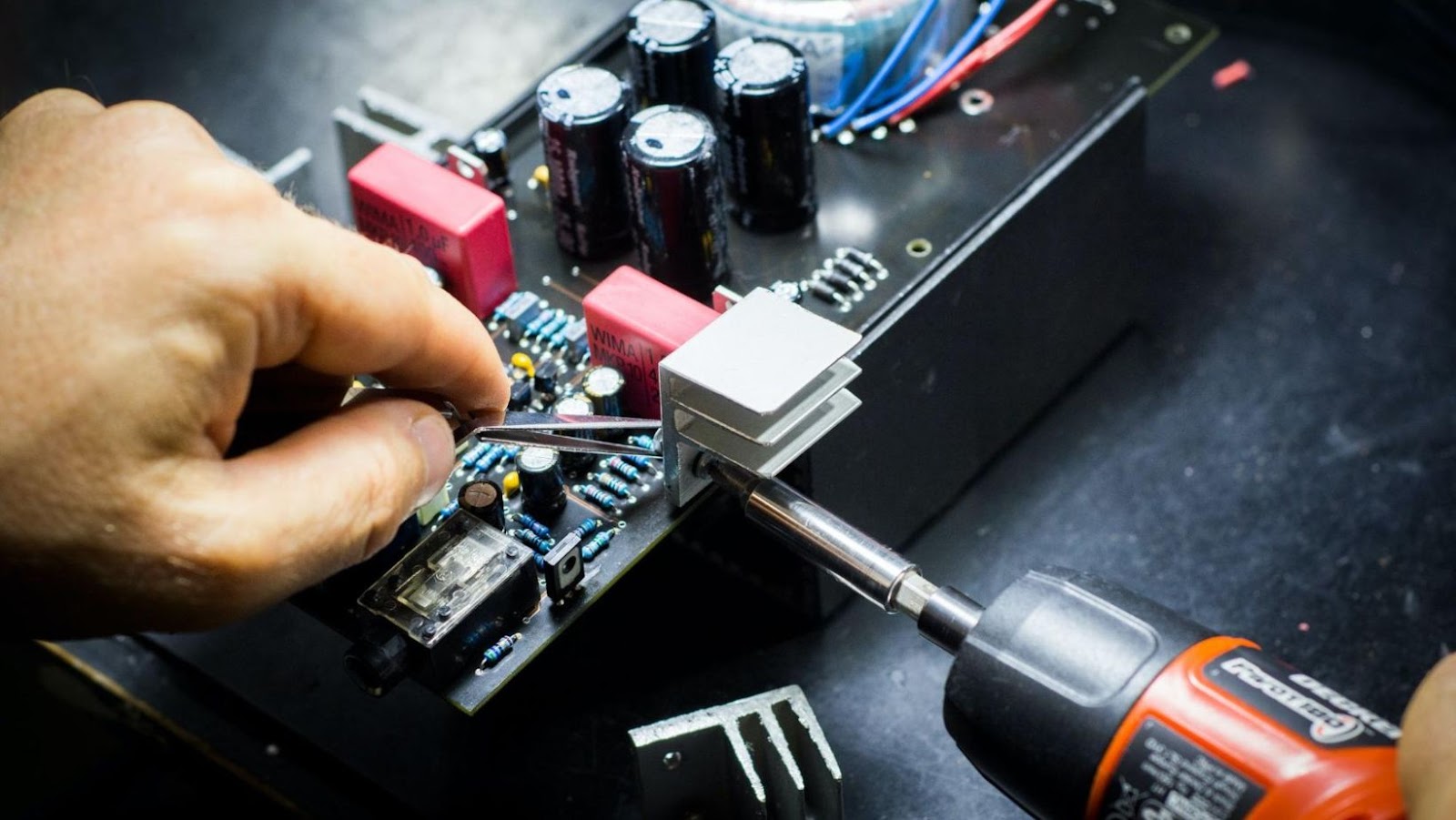As a computer user, you likely rely on your device on a regular basis. Thus, you want to make sure that the computer is running optimally. Otherwise, you will have to seek professional help or look for solutions yourself if you want to fix the problems.
Unfortunately, not everyone is willing to put the necessary effort into taking care of their computer.
Below, you will find eight examples of poor computer maintenance. Hopefully, this information will help you identify bad habits (if you have them) and make you change your stance on computer maintenance.
Full Drive
Let’s start with a full drive. As a rule of thumb, an HDD should have at least 15 percent of its total disk space free. In the case of an SSD, the percentage is somewhere around 25.
Having said that, even these percentages should be taken with a grain of salt. Think of them as guidelines rather than the be-all and the end-all. Ideally, you want to ensure that there is as much free space on the drive as possible.
Get in the habit of getting rid of redundant files. Also, transfer some data to external storage and stick to streaming services if large media files are causing you trouble.
Too Much Dust Inside
Cleaning the dust inside is annoying, but it is one of those maintenance tasks you have to do on a regular basis. In case you do not wish to risk damaging the computer by taking it apart, then why not rely on someone who specializes in cleaning the dust inside computers?
Also, if you own a laptop, you might be tempted to “circumvent” the issue by getting a cooling pad. The accessory has its value, but it does not compensate for the lack of desire to clean the dust inside the device. It is pretty clear what your priority should be in this case.

Outdated Hardware
You should not expect your computer’s hardware to last forever. Sooner or later, you will need to replace it, and it is better not to wait until the final minute.
As soon as you notice that the hardware problems are there, get to upgrading them. Sure, it will cost money, but that is to be expected. Unless you upgrade the computer’s hardware, you should expect to run into serious performance issues.
Lack of OS Updates
The lack of operating system updates is another great example of computer negligence. Even though modern operating systems have notifications and automatic updates, some users still disable or ignore them.
Missing updates means missing performance improvements, new features, and security patches. If you care about your computer’s wellbeing, then you will want to keep an eye on OS updates and prioritize them, even if downloading and installing one might take a while.
Too Many Startup Items
Startup items are a problem that gets overlooked quite often. For one, you do not want to end up with too many processes running in the background because they consume system resources. Laptop owners also have to consider the overall battery state. If the battery is not charging fast enough, then the odds are that you have serious problems with background processes.
In addition, startup items also hog the system when you boot the computer. Waiting for redundant software to load each time consumes time, and if you want to be efficient, it makes no sense to have startup items on your device.

Cluttered Desktop
It might be convenient to keep documents and various software shortcuts on the desktop. But if you have to ask yourself when enough is enough. If the number of files on the desktop becomes too large, you are bound to notice how sluggish the computer performs.
Note that getting out of the desktop clutter habit is quite difficult, especially if you keep important files on it.
Before it gets out of hand, transfer files to other locations on the computer and try your best to keep the desktop clutter-free. Or, at the very least, have a few icons on it as possible.
No Antivirus Software
The reluctance to bother with antivirus tools is quite hard to understand these days. Sure, computers come with some built-in tools, and the overall experience of users is higher, which means that they are more likely to identify a cybersecurity threat and not fall for it.
Nevertheless, it is better to be safe than sorry, and you should not hesitate to get antivirus software that runs in the computer’s background and detects potential threats.
Missing Data Backups
The last thing to talk about in this article is data backups. Even if you are relatively confident in your computer’s reliability, you cannot predict when something might happen to it. And unless you back up data, you might end up struggling to recover them.
Sure, in some cases, file recovery software is enough to save you, but it is another example of something you are better off not risking.
Use either cloud storage or an external hard drive to back up data. In fact, you could use both methods for additional safety.

